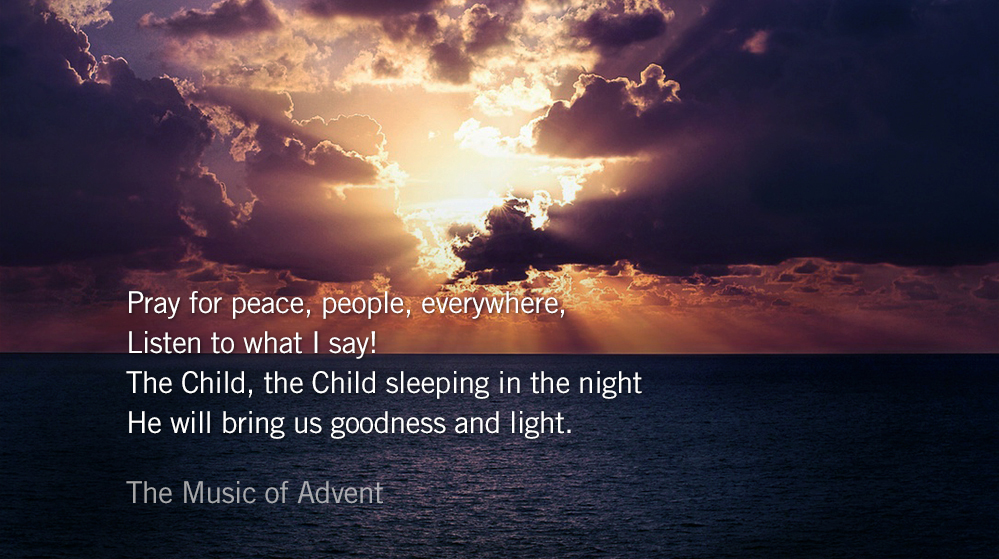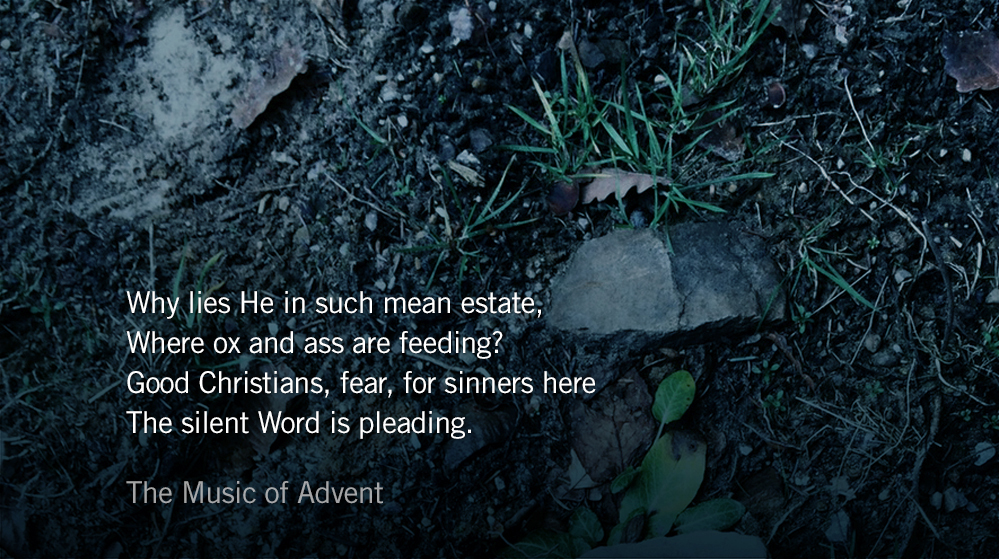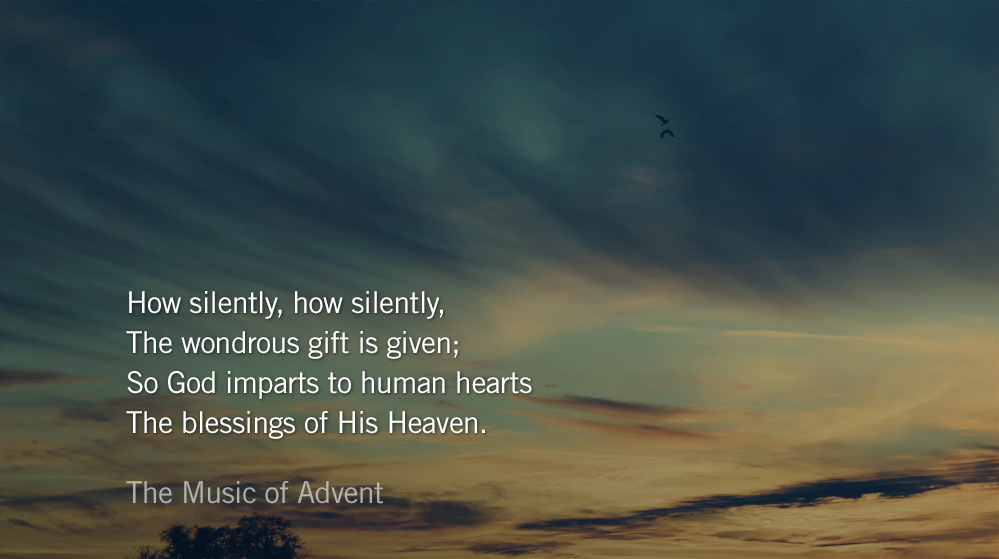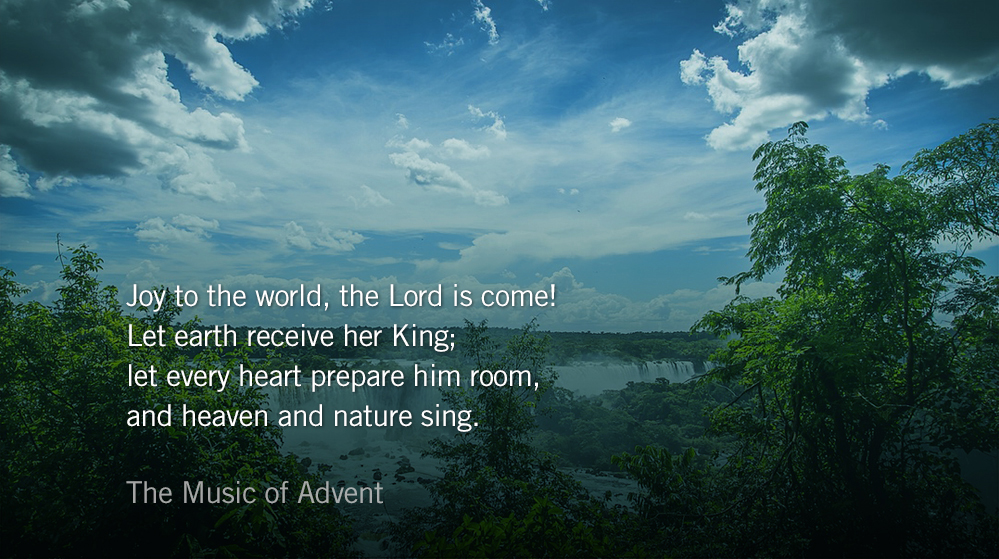“God travels wonderful ways with human beings, but he does not comply with the views and opinions of people,” observes Dietrich Bonhoeffer in his book, God is in the Manger.
God does not go the way that people want to prescribe for him; rather, his way is beyond all comprehension, free and self-determined beyond all proof. Where reason is indignant, where our nature rebels, where our piety anxiously keeps us away: that is precisely where God loves to be. There he confounds the reason of the reasonable; there he aggravates our nature, our piety.
True to this, the Christmas story is full of unlikely characters. At the center we have a single mother, in a culture that scorned those in such circumstances, and a father who was thinking about bailing. Together they form a subsistence-level family carrying enormous amounts of stress.
The next groups to arrive are the shepherds, outcasts of society, and the wisemen, who were likely both superstitious and pluralistic. In the midst of this we find the Son of God—first in a barn, laying in a feeding trough, then in the arms of political refugees fleeing across international borders.
If earthly comforts and riches are “blessings,” Christ lived a radically unblessed life. He was found far from the palaces of men. He spent much of his adult life homeless, detached from even the slightest of luxuries, and, upon his death, possessed only the clothes on his back.
“Do You Hear What I Hear?” asks the carol, of the same name, by Noël Regney. ”I am amazed that people can think they know the song—and not know it is a prayer for peace,’’ Regney told the New York Times in 2002.
Rome brought peace through the sword. God offered peace freely, though it was bought with the humbling and destruction of his own son. Grace confounds power and pride. Bonhoeffer concludes;
Only the humble believe him and rejoice that God is so free and so marvelous that he does wonders where people despair, that he takes what is little and lowly and makes it marvelous. And that is the wonder of all wonders, that God loves the lowly.
Listen: Do You Hear What I Hear? by Mary J. Blige
Today’s Reading
Zechariah 8 (Listen – 3:33)
John 11 (Listen – 6:37)











